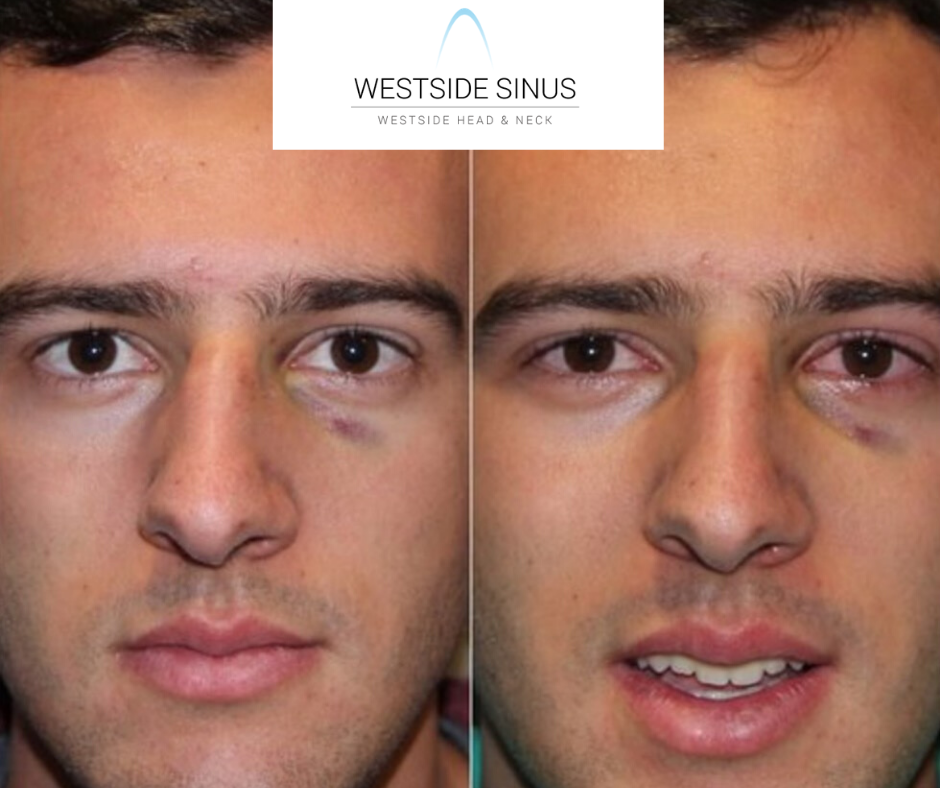



When Job most need dependable friends, he could not find them. It runs fast and full, as snow melts and pours into it, but in the heat of summer, when it is most needed, it is bone dry. In the rainy season it fills up with water. The friends Job depended on resembled a riverbed. When they melt, they disappear when it is hot, they vanish from their place" (Job 6:15–17). He said, "My brothers are treacherous as a torrent-bed, as torrential streams that pass away, which are dark with ice, and where the snow hides itself. Job expressed disappointment in his neighbors using similar themes. Putting trust in liars and crooks is exceedingly dangerous. "A foot that slips" refers to something unsure, unreliable, unbalanced in an instant, disaster can strike and what was supposed to provide support instead causes harm. A rotten tooth might seem fine, only to cause sudden pain and misery. The comparisons made here point out the frequent suddenness of betrayal. In those moments, it's important to keep that risk in mind: trusting those who cannot be trusted can lead to disaster. That might include putting trust in someone known to be a liar, fraud, or traitor. The reference to "time of trouble" is key when one is in a crisis, it can be tempting to take risks. Here, Solomon (Proverbs 25:1) warns against trusting unreliable, disloyal people during challenging times. Some of the lessons seem obvious, but there can still be a lesson in hearing them stated. Every "proverb" is a statement of general wisdom or common sense.


 0 kommentar(er)
0 kommentar(er)
